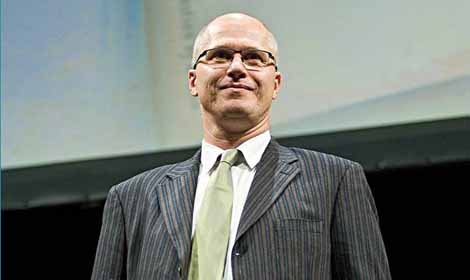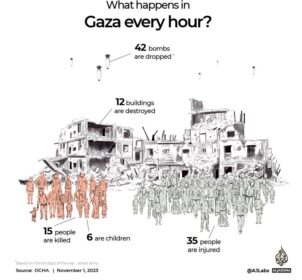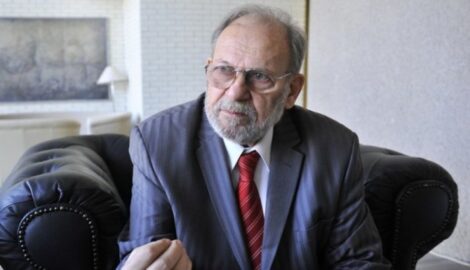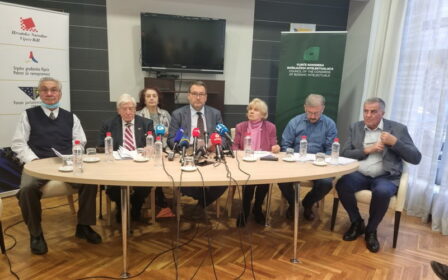From Sarajevo to Chicago, via dogs, chess, football and civil war

There are few writers quite so irritating to home talent as those who come from abroad, learn English as a second language and then write notable novels in it. Vladimir Nabokov was one; Stephen Vizinczey, Hungarian author of In Praise of Older Women, is another. Now there’s Aleksandar Hemon, a Bosnian now resident in Chicago, who is already a distinguished novelist and has, with The Book of My Lives, turned his hand to autobiography.
What the English-as-a-second-language writers bring to their work is a playfulness with language that comes from not being native to it. Writing about his teenage bid at subversion in Sarajevo, he declares: “We hated pretension. It was a form of self-hatred … we had fierce discussions over whether to invite the Sarajevo cultural elite, the idle people who attended all the openings and whose cultureness was largely conveyed by wearing cheap Italian clothes bought in Trieste or from the shady guys on the streets pushing contraband.” That “cultureness” is something most of us wouldn’t have written.
As the title suggests, there are disparate aspects to Hemon, as to any of us. There’s the straightforward story of his origins in Sarajevo — a vivid picture of the boredom of small-town life, the neighborhood rivalries, the excruciating intellectual pretensions of its young people (that bit rings true).
Then there are elements that bear on the conflict that was to tear the city apart in 1992. Hemon was a student of Nicola Koljevic, a distinguished professor of literature, who was to become the leading intellectual in the Serbian nationalist movement which was the prime mover in the destruction of Bosnia.
That essay is especially perceptive: Koljevic’s approach to literature was to disregard anything external to the text, including politics, which Hemon recognizes later as pernicious. “I unread books and poems I used to like … unlearning the way in which he had taught me to read them … I’d been mired in close reading, impressionable and unaware that my favorite teacher was involved in plotting a vast crime.”
Other chapters are to do with his enthusiasms: his dogs, chess, football … facets that are interesting in themselves and illumine the rest — the story of his and his parents’ voluntary displacement is partly written through the dogs. And then there’s the account of exile: Hemon got the offer of an American cultural exchange just before war broke out; had he returned when he was meant to he would have been just in time for the start of the siege. He prudently stayed put and never returned to live in Bosnia. He writes well about exile. “In Sarajevo, you possessed a personal infrastructure: your kafana, your barber, your butcher; the streets where people recognized you, the space that identified you; the landmarks of your life … Chicago, on the other hand, was built not for people to come together but for them to be safely apart.”
Then there’s the personal: the stuff of most autobiographies. Most personal of all is the account of the death of his baby daughter; heartbreaking for reader and writer.
But what’s not written is as interesting as what is. Hemon, for obvious reasons, goes out of his way not to identify himself in terms of Yugoslav ethnicity; he emphasizes that his father’s forebears come from Ukraine, of all places. From the text I’d deduce that he’s neither Muslim nor Croat; he may be Serbian, in whole or part, as his name suggests. It’s a deliberate policy of his simply to define himself as Bosnian, but had he explored the difficult territory of his own ethnicity, this insightful book might have been even more compelling.
Go to standard.co.uk/booksdirect to buy this book for £16.50, or phone 0843 060 0029, free UK p&p
Source: standard.co.uk



